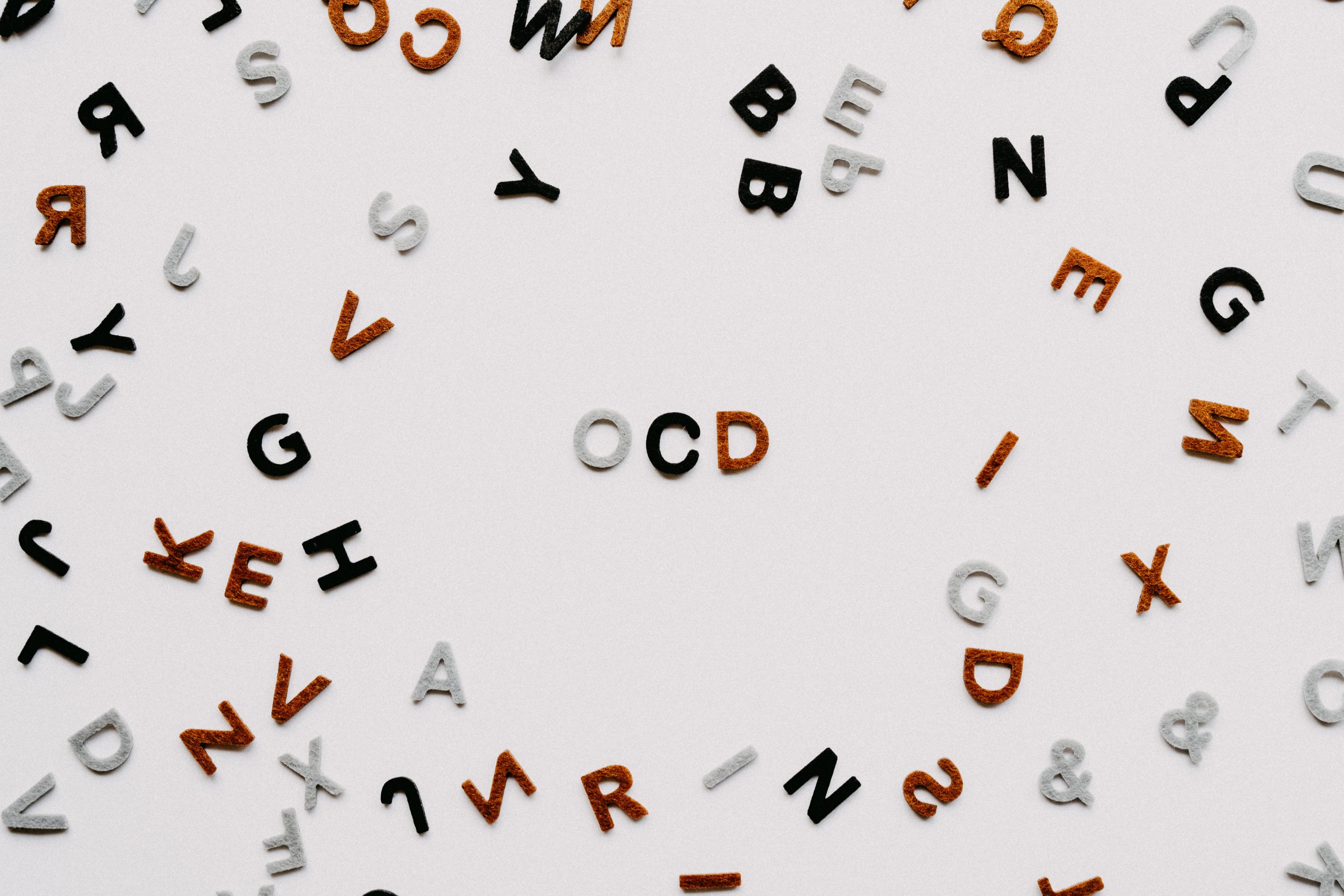Are you a hypochondriac or do you have OCD? It’s a common question asked by many people who suffer from either condition. And while there are some similarities between the two, there are also some key differences. Let’s take a closer look at both conditions to see if hypochondria and OCD are linked.
Understanding Hypochondria and OCD
Understanding Hypochondria
Hypochondria is a condition where a person is constantly worried about their health. They may think they have a serious illness, even when there is no clinical evidence to support their claim. People with hypochondria may go to the doctor frequently, and they may also research their symptoms obsessively. Moreover, people with hypochondria may even go so far as to avoid people and places they believe will make their supposed conditions worse.
People with hypochondria are known to be preoccupied with the fear of contracting or developing a disease, and often interpret normal body sensations as symptoms of a serious illness. Hypochondria is a type of anxiety disorder, and is different from having a genuine medical condition. Hypochondria is often comorbid with other conditions such as anxiety, depression, and OCD.
Understanding OCD
OCD is an anxiety disorder where a person has obsessive thoughts and compulsions. Obsessions are unwanted and intrusive thoughts, images, or urges that cause anxiety. Compulsions are repetitive behaviors that a person feels compelled to do in order to reduce their anxiety. People with OCD often have very specific rituals that they must follow in order to ease their anxiety. OCD affects children, adolescents, and adults. It can often be comorbid with other conditions such as anxiety and depression.
Genetic Components of Hypochondria and OCD
The Genetic Components Behind Hypochondria
Researchers have found that there may be a genetic component to hypochondria. Studies have shown that people with a family history of anxiety or depression are more likely to suffer from hypochondria. Additionally, people with hypochondria often have a higher level of the stress hormone cortisol in their bodies. Another theory suggests that hypochondria may be the result of a serotonin imbalance in the brain. Serotonin is a neurotransmitter that helps regulate mood. A serotonin imbalance has been linked to anxiety and depression, which may contribute to hypochondria.
The Genetic Components Behind OCD
There is some evidence to suggest that OCD may have a genetic component. Studies have shown that OCD runs in families, and people with first-degree relatives (parents, siblings, or children) with OCD are more likely to develop the disorder. Additionally, people with OCD often have a higher level of the neurotransmitter serotonin in their brains.
Similarities of Hypochondria and OCD
The Similarities of Being a Hypochondriac and OCD
There are quite a few similarities between being a hypochondriac and OCD. Both disorders are characterized by excessive worry and preoccupation with distressing thoughts. Both disorders can be debilitating, and can interfere with a person’s ability to work, go to school, and participate in social activities.
In addition, both disorders can lead to avoidance behavior. Sufferers of both conditions may avoid activities or situations that they believe may trigger their symptoms. For example, a person with OCD may avoid touching doorknobs for fear of contamination, while a person with hypochondria may avoid going to the doctor for fear of receiving a cancer diagnosis.
Both conditions can also lead to significant interference in one’s life. Sufferers of both conditions may miss work or school, avoid social activities, and have difficulty maintaining relationships. People with hypochondria may miss work or school due to their fear of illness. Similarly, people with OCD may avoid social situations or activities that trigger their anxiety.
People with hypochondria are preoccupied with the idea that they have a serious illness, even when there is no evidence to support this belief. People with OCD are also preoccupied with ideas that are not based in reality, but they tend to focus on themes of contamination and cleanliness.
Both disorders can cause people to engage in repetitive behaviors in an attempt to relieve their anxiety. For example, people with hypochondria may repeatedly check their pulse or temperature, or research their symptoms online. People with OCD may wash their hands excessively or clean their homes obsessively.
Differences Between Hypochondria and OCD
The Differences of Being a Hypochondriac and OCD
There are also some key differences between being a hypochondriac and OCD. First, people with OCD usually have some insight into their disorder. That is, they realize their obsessions are irrational and their compulsions are excessive. People with hypochondria, on the other hand, tend to truly believe their medical concerns are real.
People with OCD tend to obsess about one or two specific health concerns. For example, they might be constantly worried about getting a disease or being contaminated by germs. On the other hand, people with hypochondria are usually worried about a whole host of different health problems.
Second, the focus of a person’s anxiety differs. People with OCD are anxious about their obsessions (e.g., contamination, harm, religious, etc.), whereas people with hypochondria are anxious about their health.
Finally, people with OCD may compulsively seek reassurance from others, while people with hypochondria may avoid seeking reassurance for fear of confirmation of their fears.
People with OCD tend to obsess about one or two specific health concerns. For example, they might be constantly worried about getting a disease or being contaminated by germs. On the other hand, people with hypochondria are usually worried about a whole host of different health problems.
Treatment Options For Hypochondria and OCD
OCD Treatment Options
There are also several treatment options for OCD. CBT is often used to treat OCD, and can be very effective. Exposure and response prevention (ERP) is a type of CBT that involves exposure to the things that trigger your OCD anxiety, and then learning to resist the urge to engage in compulsive behaviors. Medication can also be used to treat OCD. Selective serotonin reuptake inhibitors (SSRIs) are a type of antidepressant that is often prescribed to people with OCD.
Hypochondria Treatment Options
There are several treatment options for hypochondria. Cognitive-behavioral therapy (CBT) is a type of therapy that can help people with hypochondria learn to manage their anxiety and worry. CBT teaches people how to identify and challenge their negative thoughts, and how to develop coping and problem-solving skills. Medication can also be used to treat hypochondria. Anti-anxiety medications and antidepressants are often prescribed to people with hypochondria.
Next Steps
If you are concerned that you or someone you know may be a hypochondriac or have OCD, it is important to seek professional help. Hypochondria and OCD can be very debilitating disorders, but with treatment, people can learn to manage their anxiety and live full and productive lives. If you think you might have either OCD or hypochondria, the best thing to do is to see a doctor or mental health professional. They will be able to assess your symptoms and give you the best treatment plan.
Disclaimer: THIS WEBSITE DOES NOT PROVIDE MEDICAL ADVICE.
If you are currently experiencing medical concerns, it’s important to talk to a doctor to rule out any underlying medical conditions. HypochondriacHQ does not substitute professional medical advice or consultations with healthcare professionals. Never disregard professional medical advice or delay in seeking it because of something you have read or seen on this website.




